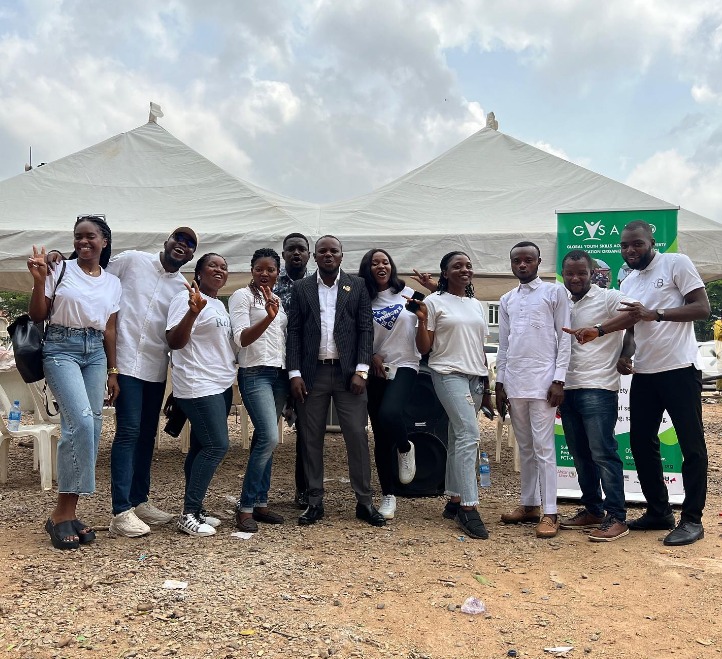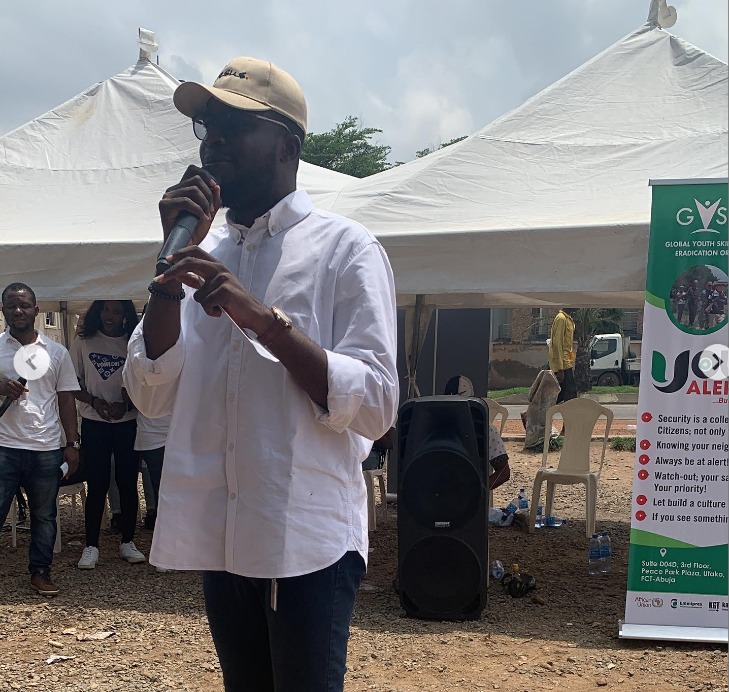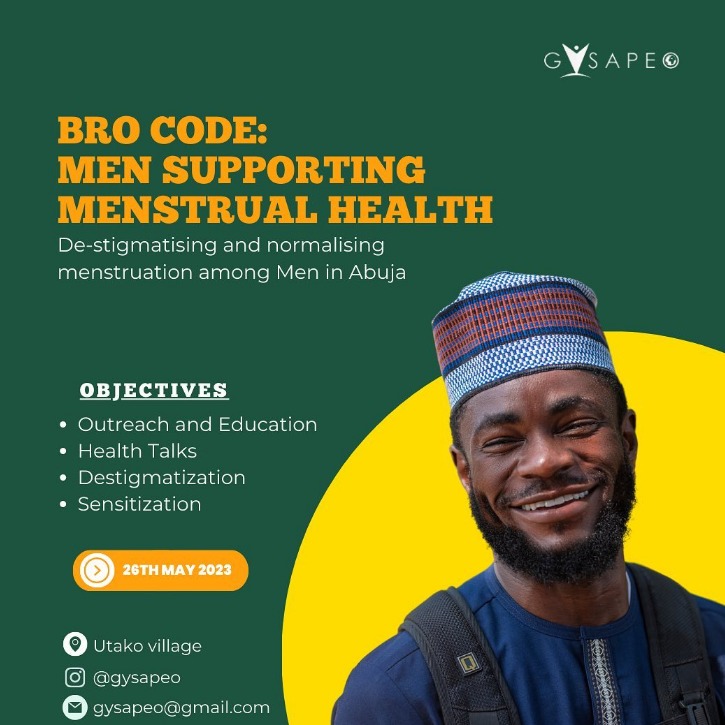

Menstrual Hygiene
Mensuration is a natural fact of life and a monthly occurrence for over 1.8 billion girls and women. Yet millions of these women and girls across the world especially in rural areas are denied the right to manage their monthly menstrual cycle in a clean and healthy way. In many third world countries, period poverty has plagued and hindered many women and girls from engaging in clean and healthy monthly cycles.
Mensuration is a normal physiological process of females at their reproductive age. However, it is surrounded with social taboos and supernatural beliefs. Despite numerous clinical and academic efforts, the knowledge and hygienic practice of adolescent girls towards mensuration is not well addressed in Nigeria particularly amongst adolescent girls in rural areas thereby, leading to many cases of unsafe hygienic practice that translate to the increased risk of reproductive and genital-urinary tract infections (UTI), cervical cancer, school drop-out, poor academic performance and overall poor quality of life.
The subject of menstruation is often tagged a taboo, and has many negative cultural attitudes associated with it, including the idea that menstruating women and girls are ‘contaminated’, ‘dirty’, and ‘impure’. Women and girls in rural settings, suffer mostly from such stigma and the lack of facilities and services to help them cope with the physical and psychological pains they undergo during their menstrual periods; inadequate preparations for the young girls is not yet experiencing menstrual hygiene, lack of or inadequate water to clean and wash the body, lack of materials for managing menstrual hygiene amongst others. In spite of these issues, menstrual hygiene and period poverty has continually been eluded by professionals in the water, health and education sector. Hence the reason for the “Menstrual hygiene Project”. To educate women and girl children, in rural settings various coping mechanisms; to ensure they adopt clean and hygienic menstrual practices, regardless of the underlying mitigating factors present in the nation.
The project sort to educate rural school girls how to use sanitary pads to manage their menstrual hygiene and how to make use of re-usable sanitary pads. The project also supported selected schools to establish special rest rooms to enable girls have privacy during mensuration. Outreaches were carried out in select communities and schools on how to maintain menstrual hygiene, how to calculate menstrual cycle, proper dietary functions during menstruation and factors that could lead to infection and blood color change during period.
The target beneficiaries were women and girls between the ages of 10 – 45 years. In order to achieve the objectives of the project, the services of medical professionals and personnel were employed to properly educate and teach the beneficiaries of the project.

